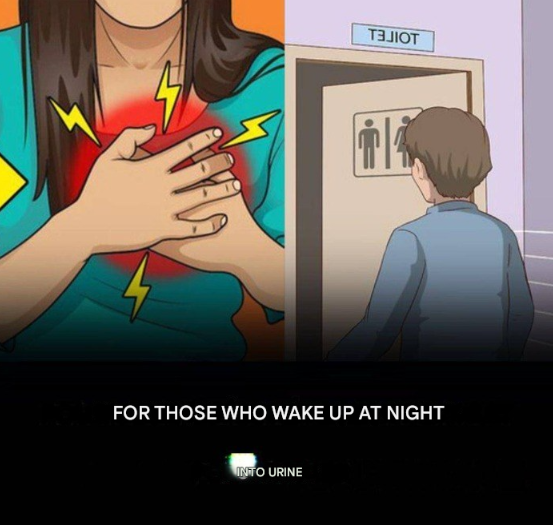Occasional nighttime bathroom trips are usually harmless. But if nocturia is persistent, it can severely disrupt your sleep, leading to fatigue, mood disturbances, and a decreased quality of life. Worse, it could be masking a serious health problem that needs attention.
Sleep disruption is also a risk factor for accidents, especially among older adults who may be more prone to falls during nighttime trips to the bathroom.
When to See a Doctor
You should consult a healthcare provider if:
-
You get up to urinate more than twice a night on a regular basis.
-
Your sleep is noticeably disturbed.
-
You experience additional symptoms like burning, pain, increased daytime urination, swelling, or excessive thirst.
-
You feel excessively tired during the day.
Your doctor may recommend keeping a bladder diary — a simple record of your fluid intake and urination patterns — to help diagnose the cause. Blood tests, urine tests, or sleep studies may also be needed.
Treatment and Management
Treatment depends on the cause of nocturia. It may include:
-
Lifestyle changes — Reducing evening fluid intake, avoiding alcohol/caffeine, managing weight, and elevating legs before bedtime (to help redistribute fluid).
-
Medications — For an overactive bladder, enlarged prostate, or other underlying conditions.
-
Addressing medical issues — Treating diabetes, heart conditions, sleep apnea, or infections.
The Takeaway
Frequent nighttime urination isn’t just an annoyance — it can be a signal your body is sending that something isn’t right. Pay attention to the pattern and frequency, and don’t hesitate to speak with your doctor. With proper assessment and management, you can protect your health — and your sleep.
